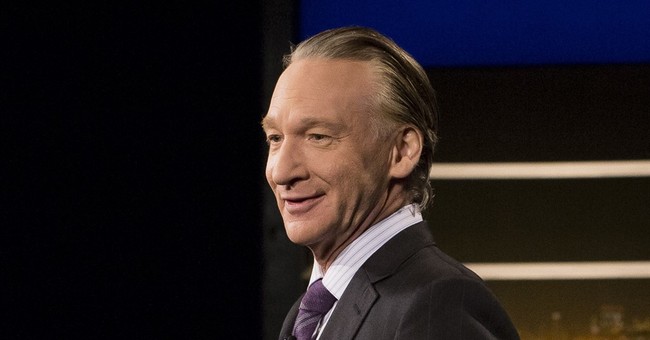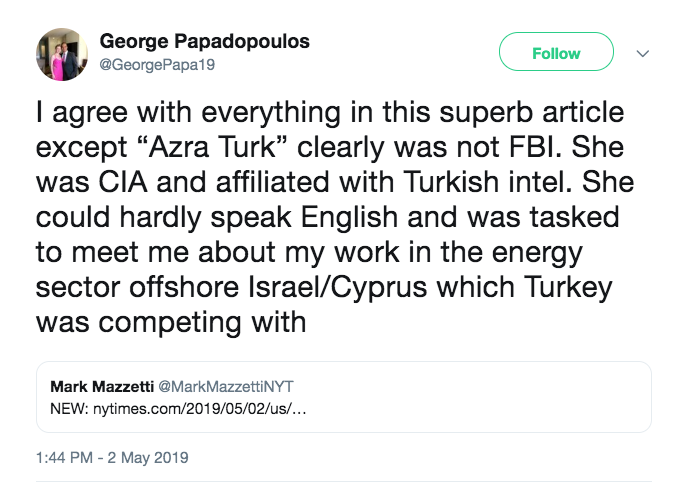Eight years ago Zurich Mike penned an analogy of the ‘Islamist Spring’ that still rings true today, when he said: President Obama helped kill the zookeepers and unleashed the big cats…. The Turkish movement into Syria is all part of this continuum.
When President Obama ignited the “Islamist Spring” with his speech in Cairo Egypt, what he really articulated was a shift in U.S. foreign policy to support The Muslim Brotherhood.
Political Islam, writ large, is represented by The Brotherhood. Turkish President Recep Erdogan sees himself as the modern leader of political Islam using the Brotherhood to recreate the Ottoman Empire.
Ben Ali (Tunis), Hosni Mubarak (Egypt) and Khadaffi (Libya), were the first zookeepers removed. Obama’s U.S. foreign policy supported Muslim Brotherhood replacements like Mohamed Morsi in Egypt. However, Obama failed in the effort to remove Bashir Assad in Syria; as a result all extremist factions of the Brotherhood gathered to form ISIS.
Factions like al-Qaeda, al-Nusra and ISIS all fall under the umbrella of The Muslim Brotherhood. The exiled Brotherhood leaders initially fled Egypt to Qatar until they were further driven-out by the Gulf Cooperation Council and ultimately given safe-harbor in Turkey, by Recep Erdogan.
As a gatekeeper between radical Islamist elements and Europe, President Erdogan holds the ultimate leverage and blackmail over his NATO allies. If Europe does not acquiesce to the whims of Erodogan, he can open the gates and flood the EU with extremists. Erdogan loves to play this power game against the EU and ultimately against the U.S.
President Obama embraced President Erdogan because ideologically the Obama administration and Erdogan both supported political Islam, The Muslim Brotherhood.
Erdogan’s regional arch nemesis is Egyptian President Abdel Fattah al-Sisi. As a general al Sisi had to deal with the outcomes of Muslim Brotherhood extremism, and ultimately remove Mohamed Morsi from office. President Sisi formed the Arab coalition that is now aligned with President Donald Trump against the radical elements of political Islam known as The Muslim Brotherhood.
The U.S. Arab coalition includes Israel, Egypt, Saudi Arabia, Jordan, Bahrain, Kuwait, Oman, Qatar and Yemen. Additionally the Gulf Cooperation Council (GCC) are aligned against the radical elements within political Islam (The Brotherhood), and the U.S. is supporting the coalition with self-defense military purchases.
Regarding the Northern Syria border with Turkey, many of our U.S. politicians want the U.S. military to continue the role of zookeepers to keep political Islam in check. In essence the Lindsey Graham position is for the U.S. military to remain in Syria to keep the big cat cages closed. Graham’s policy viewpoint means no exit from the middle-east, ever.

However, Turkey’s President Recep Erdogan wants to be the biggest cat in the zoo. His goal is the recreation of the Ottoman Empire and his alignment with The Muslim Brotherhood is purposeful to achieve this goal.
Ultimately the largest stakeholder in this dynamic is Europe, because they stand the greatest risk if Erdogan is successful and then turns his assembly toward Europe. Remember, Erdogan as President of Turkey is now the gatekeeper; and Erdogan is also a member of NATO.
Unfortunately Europe will not defend itself; will not kick Erdogan out of NATO; will not take their own ISIS fighters back for trial and punishment; and instead, just like Lindsey Graham, the EU demands the U.S. remain as perpetual zookeepers.
Additionally to further provoke antagonism in policy, the EU will not pay for the U.S. to remain as zookeepers and the EU simultaneously fights the U.S. on trade agreements so they can continue their one-way financial benefits.
So what has President Trump decided? What are the outcomes?
Turkish President Erdogan was going to enter Syria regardless of what the EU, NATO or the U.S. said about it. Erdogan has the support of political Islam, that’s what is important to his objectives. The EU is so weak, they won’t kick Turkey out of NATO.
Ultimately President Trump is highlighting the reason why the U.S. should withdraw from NATO by spotlighting the insufferable weakness of the assembly. NATO won’t even vote to defend their own interests, so why should the U.S. be their crutch?
With Europe refusing to stand-up to defend their own interests, President Trump is removing U.S. forces from the untenable position of guarding all the big cat cages, ad infinitum, to keep the zoo status intact.
Instead, President Trump is going to support the Arab coalition and the GCC that has been assembling a military coalition to protect itself from the Muslim Brotherhood.
That is why President Trump is willing to support Saudi Arabia with more troops, while withdrawing from Syria were the U.S. was having to stand alone to protect the interests of Europeans who will not protect themselves.
In one regional area the U.S. will support and defend Israel, Egypt and Jordan. In the Southern region the U.S. will support the Gulf Cooperation Council (Saudi Arabia, Kuwait, Oman, Yemen, Bahrain and Qatar).
Will political Islam likely have a resurgence in the region, and will Recep Erdogan rise as the head of the Ottoman Empire once again? The former is likely, the latter is unknown.
President Trump is correctly withdrawing U.S. troops from a position of adversarialism against a NATO member. Why should the U.S. protect the interests of allies who will not stand-up to protect themselves…
President Trump is correct.
President Trump will use economic weapons against Turkey…. And, in keeping with the doctrine, Europe better watch out. President Trump will likely use economic weapons against the EU for creating this mess and refusing to defend themselves.
President Trump will use military weapons to protect allies that are: (A) willing to protect themselves, and (B) willing to pay for the support of the U.S. military protection.
It is really a common sense doctrine… Help those who help themselves.
















